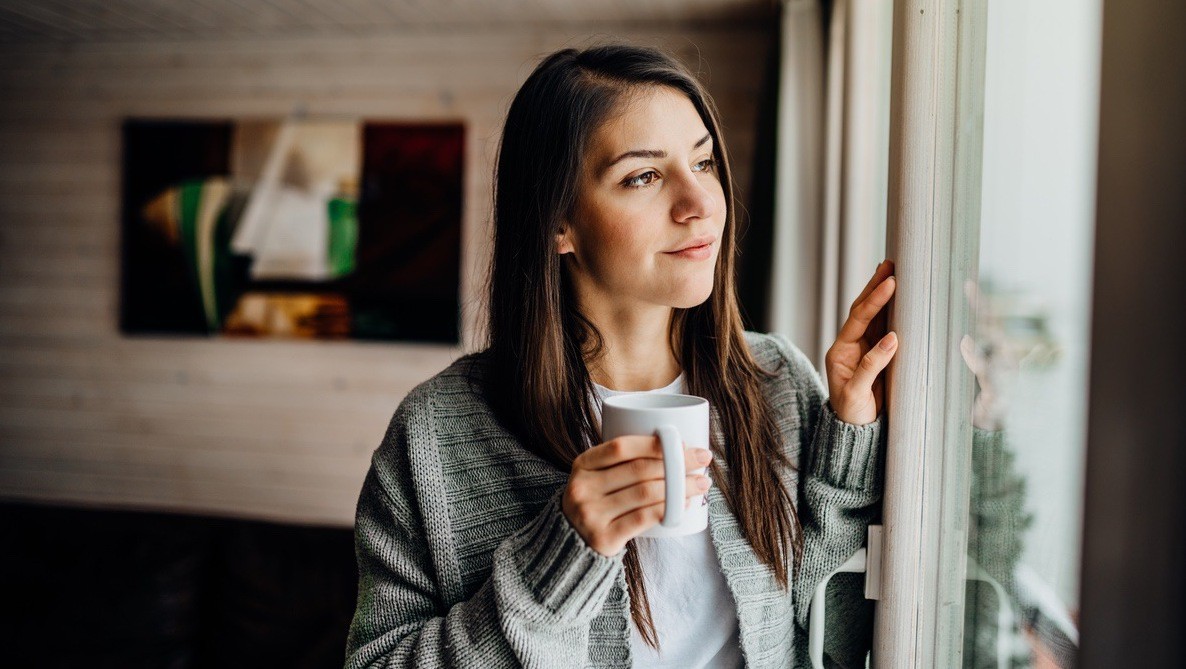The physical effects of COVID-19 pandemic are readily visible, pneumonia like symptoms, testing, quarantine, and treatment (such as ventilator use). However, the psychological effects associated with COVID-19 are subtle and not as overtly observable. In some situations, the individual may be preoccupied with psychological symptoms and they are less likely to be aware that the symptoms are causing personal distress and influencing daily functioning. In my psychotherapy and assessment practice I have notice an amplification of existing psychiatric symptoms in patients and some patients are manifesting new psychiatric symptoms including but not limited to symptoms of adjustment disorder, depression and helplessness, anxiety about the future, insomnia, excessive stress, excessive use of substances (drugs, alcohol, and tobacco), over eating, irrational fears about the virus, boredom, and social isolation.
Here are some general guidelines you can follow to help maintain psychological health during the COVID-19 pandemic (given that each individual is different and their capacity for resilience and frustration tolerance determines their ability to cope with catastrophic life situations either real or perceived):
Daily Routine: Even if you are working from home maintain a daily schedule. Create a regular awake and sleep cycle with sufficient rest. Maintain a consistent meal regimen, eat sufficient and healthy food. Continue activities of daily living such as taking a shower and dressing in the morning. If you are working from home device a new teleworking routine, including internet and phone interactions with colleagues so you do not feel isolated at home while working. With your physician’s approval continue your workout routine or implement a new one, you do not need to go to the gym, there are internet downloads and DVD’s available online that are inexpensive and can help you formulate an easy, safe, and effective daily exercise routine.
Sleep Hygiene: As indicated previously, go to bed and wake up at the same time regularly. Naps during day influence your sleep cycles at night, avoid them. Avoid watching TV or reading in bed so the sleep area is not associated with these activities. Caffeine and nicotine can interrupt sleep avoid drinking caffeinated drinks, caffeinated soda, coffee, tea, smoking cigarettes, vaping, and chewing tobacco before sleep.
Substances and Food: Avoid abusing alcohol, tobacco, and drugs (even if they are prescription), and also avoid using food to cope with boredom and stress associated with COVID-19 isolation.
Coping with Stress: Deep breathing, stretching, yoga, and meditation are affective stress relief techniques. You do not need to enroll and physically attend a class you can download audios and videos, that are inexpensive and you can have immediate access to them. Some of my patients have reported prayer, listening to relaxing music, and even a quite relaxing wind down walk as affective stress relief strategies. This may also be a good time to indulge in your hobbies or pick up a new hobby, something you would enjoy but did not have time for in the past.
Information Overload: It is good to be informed about news related to COVID-19 pandemic with regard to issues such as testing, isolation, advances in treatment, vaccines, etc. However, information overload will contribute to unnecessary stress and anxiety. Minimizing media exposure to COVID-19 related issues that cause anxiety, distress, and depression, and taking breaks from COVID-19 related news can suppress information overload. Understanding facts about COVID-19 along with safety and prevention measures is beneficial but creating undue anxiety and stress based on rumors and misinformation will not uphold safety and prevention.
Health Concerns and Irrational Fears: Understanding facts about COVID-19 and avoiding risky behaviors will reduce the likelihood of infection. It can also help with irrational fears about acquiring or family members acquiring the illness.
Social Isolation: Digital tools such as video chats, social media (Facebook, twitter etc.), group chats, and phone calls are easily accessible by everyone today. One can also participate in social events (e.g. birthdays) and religious events via internet. A better option for social isolation is to stay socially connected by phone and internet.
Call your physician if your psychological health is unmanageable due to COVID-19 pandemic. Psychotherapy is also an option, many therapists are offering online therapy services, and you can attend sessions from the safety and comfort of your home.
References
- American Sleep Association.
- Center for Disease Control.
- National Alliance of Mental Health.
- National Institute of Mental Health.
- World Health Organization.





